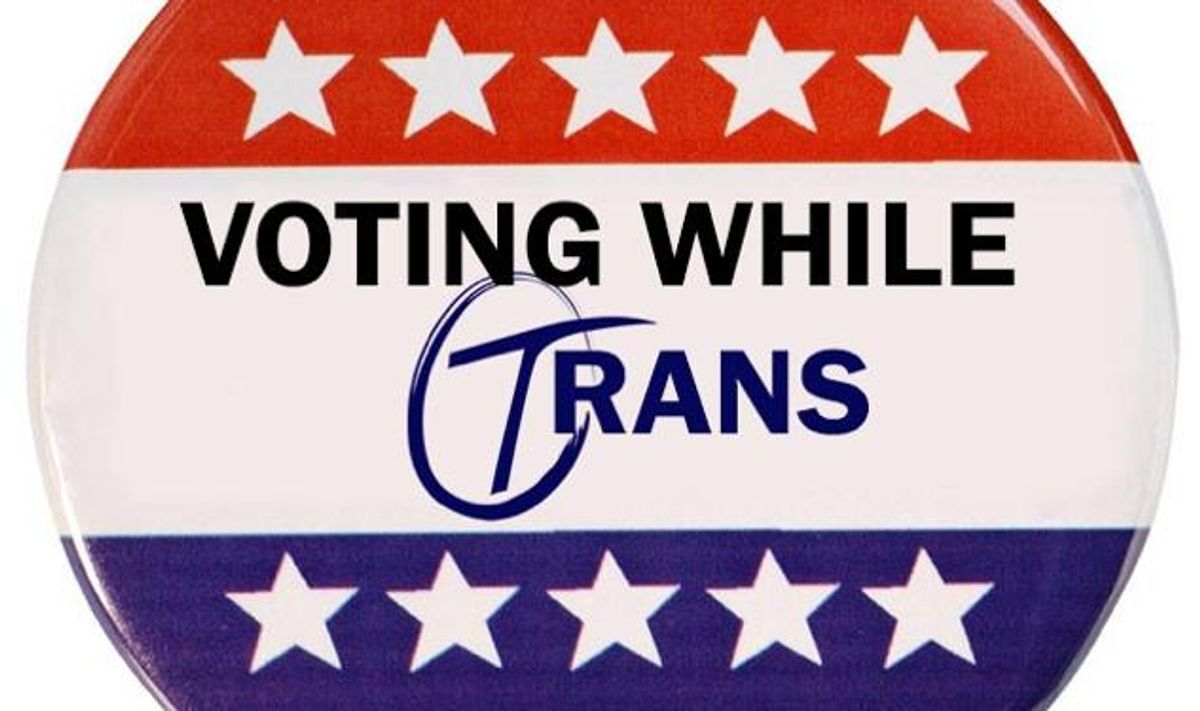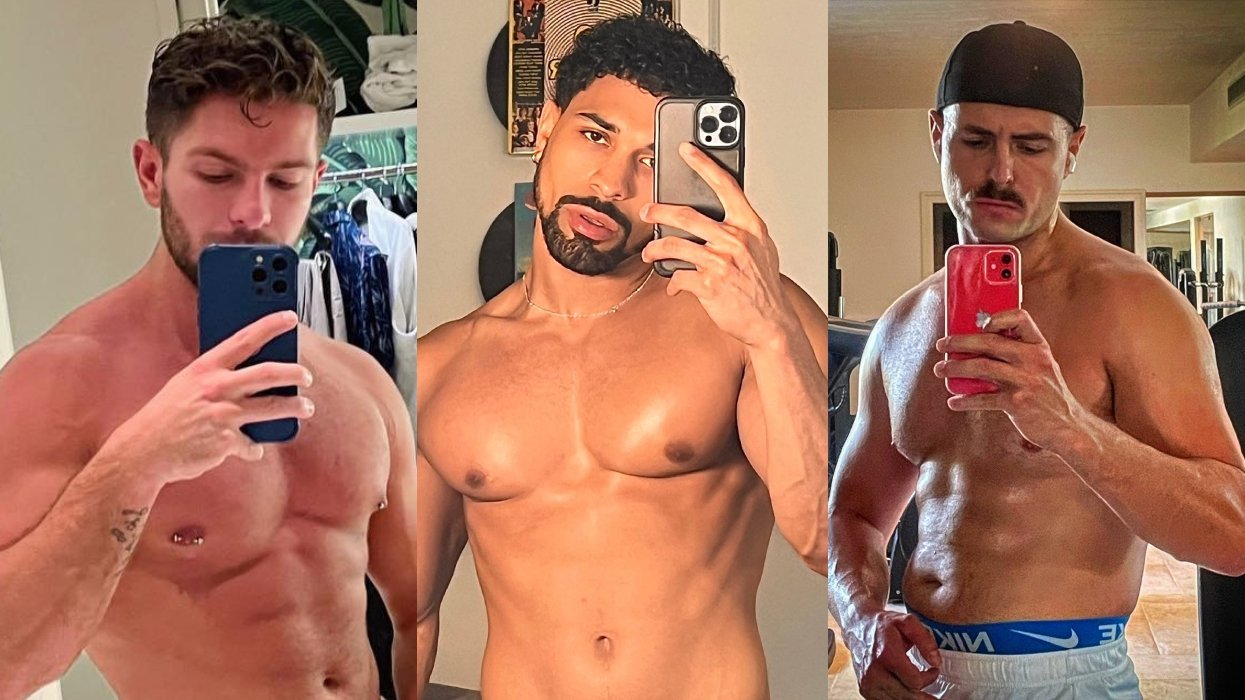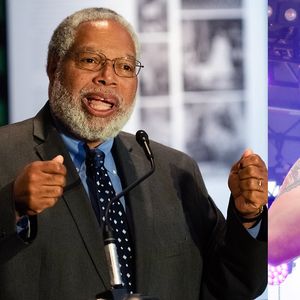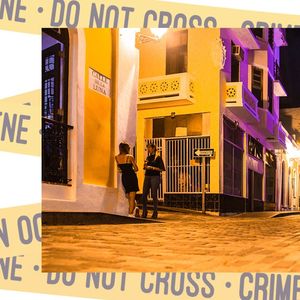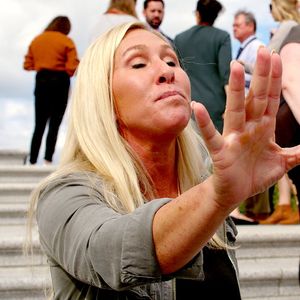With same-ex marriage ratification making its way across the country in several states today, and president Obama calling transgender discrimination the "civil rights issue of our time" earlier this year, the LGBT community is facing a turning point. But while the Ls, Gs, and Bs will find little trouble casting their votes, transgender people continually face discrimination at the polls.
Earlier this week The Daily Beast exposed the hardships that many transgender and genderqueer people face when poll workers verify their identification. Claire Swinford, 41, described her experience at the polls for the Arizona 2010 primary as "incredibly uncomfortable and very, very, embarrassing." Like every other legal voter at the primary that day, Swinford presented an appropriate ID, but was challenged by poll workers when the gender marking on her driver's license did not reflect her appearance.
This issue will face many trans* voters when they try to make their voices heard to fight for rights that will not only affect their legality as citizens, but their own body rights. (The term trans* with an asterisk refers to the entire umbrella of gender identity spectrum.) This community does not just include individuals who are transitioning from one gender to another, but those who are genderqueer or genderfluid and don't assign themselves a gender binary. There is currently no option on driver's licenses for these members of the queer community and they continually discriminated against for not fitting the female or male cookie cutter.
Swinford, like transgender people, has to face legal and cultural walls just to change the letter on her license and other identification papers. 21 percent of those who have transitioned have been able to update all forms of ID with their accurate gender. The financial expense of changing their gender is another barrier, considering trans* people are four times more likely to have a household income of $10,000 or less compared to the U.S. population.
In about half of the states, it's required that a transgender person must take out an ad in the newspaper to notify creditors of their change and in all but three states it's proof of surgery is required to change a birth certificate. Not only are these means expensive, but extremely risky in outing a person as trans*.
According to April 2012 study from the Williams Institute at UCLA ,voter ID laws could disenfranchise 25,000 transgender voters, based on an estimate of nine states that passed these laws at the time. For the four states where the laws will be in effect on Nov. 6, the study projected that nearly 10,000 trans people eligible to vote do not have updated IDs and records.
While these ID laws are meant to keep the integrity of the American ballot, it's becoming clear too late that they're not fashioned to include citizens that identify as transgender.
